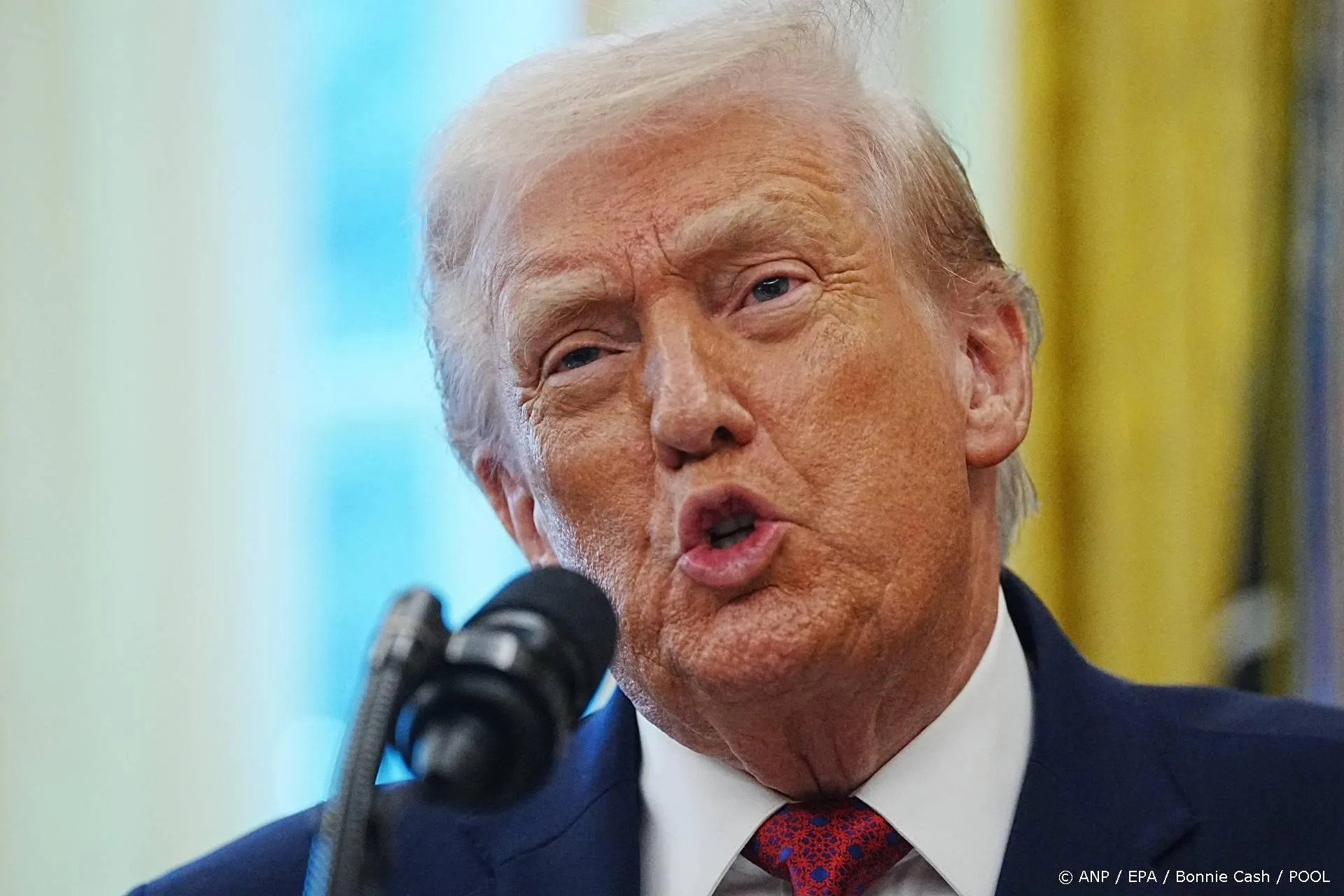Sint Augustinus en decarbonisering
Duitsland weer aan de kolen.
Van Sint Augustinus is bekend dat hij als jongeman tot God bad: 'Heer, geef me kuisheid en matigheid. Maar nu nog even niet.' Dat lijkt ook te gelden voor het decarboniseringsbeleid waartoe de EU-lidstaten zich hebben verbonden.
Ik heb soms te doen met onze groene vrienden. Om misverstand te voorkomen: ik schrijf dit op zonder Schadenfreude, al was het alleen maar omdat ik een zwak heb voor idealisme. Zij hebben zich met zo veel enthousiasme ingezet om de planeet te redden van die verschrikkelijke opwarming van de aarde (onze schuld!). Maar Moeder Natuur wil maar niet meewerken en de opwarming wil maar niet komen. Het vlaggenschip van het klimaatbeleid van de EU, het CO2emissiehandelssysteem is allesbehalve een succes en heeft veel onbedoelde schadelijke neveneffecten. De CO2-uitstoot van de EU is nauwelijks afgenomen. Voor zover dat al het geval was, wordt dat door velen toegeschreven aan de trieste staat waarin de Europese economie verkeert. Bovendien blijkt het zeer fraudegevoelig te zijn. En enig effect op het klimaat heeft het al helemáál niet. Alweer zo'n grootse Europese ambitie die stuk loopt op de weerbarstige werkelijkheid! 'Kopenhagen' en de navolgende klimaatconferenties hebben niets meer dan holle retoriek opgeleverd. Biofuel, waar de milieubeweging destijds zo'n groot voorstander van was (nu niet meer, maar het kwaad is al geschied), bleek een funeste invloed te hebben op de biodiversiteit en erger nog medeoorzaak te zijn van een dramatische stijging van voedselprijzen, waarvan miljoenen arme mensen in de wereld de noodlottige gevolgen aan den lijve ondervinden. Dat is niet alleen een economisch probleem, maar ook een moreel probleem voor alle goedwillenden die voorstander waren van de ontwikkeling van biofuel. En, dichter bij huis, blijkt nu de Duits Energiewende tot het tegenovergestelde te leiden dan wat de groenen altijd wilden: carbonisering in plaats van decarbonisering!
De 'Deutsche Welle' rapporteert:
In eight years, one third of energy in Germany will come from renewable sources. However, Germany's Environment Minister still wants to go ahead and build new coalfired power plants environmental groups disagree.
More than a year ago, Germany decided to opt out of nuclear and fossil based energy. It was replaced by cleaner energy sources, namely solar and water power. Until 2020, 35 percent of German electricity is to come from renewable sources, boosted to 80 percent by 2050. Eight nuclear plants have already been taken off the grid, but at the same time, both brown and black coal are still needed to guarantee an ample supply of electricity.
As far as the German Environment Minister, Peter Altmaier of the conservative Christian Democrat Party, CDU, is concerned, this situation is not going to change anytime soon.
In fact, Altmaier supports the construction of further coalburning power plants. In an interview with German weekly newspaper Die Zeit, Altmaier said with 35 percent of power from renewable sources, that still leaves 65 percent to be covered. It makes sense to replace old brown and black coalfired plants which aren't good for the environment with modern and efficient coal and gasfired power plants.
Twentythree new coalfired power plants are being built across Germany, with the capacity to generate 24,000 megawatts. Campaigners for the environment protection group Greenpeace say these new plants will emit 150 million tons of CO2 each year.
Lees verder hier.
En hoe staat het met gas? Dat gaat in Europa niet van een leien dakje, zoals ik al eerder meldde. Maar Chevron ziet er nog wel brood in, zoals Guy Chazan van Bloomberg onder de titel, Chevron bets on the Goldilocks of gas', rapporteert:
Will Americas shale gas revolution ever spread to Europe? According to Chevron, it already has. The company has been quietly buying up huge swaths of land across eastern Europe, an area it believes could be the next great frontier for shale gas exploration.
Its like Goldilocks, says Ian MacDonald, vicepresident of Chevron Europe, Eurasia and Middle East. The shale has to be at the right depth, have the right organic content and be in the right geological window. Thats what we believe weve identified in eastern Europe.
The shale boom has transformed the energy landscape of the US. Techniques such as hydraulic fracturing or fracking and horizontal drilling have unlocked huge reserves once thought too difficult and expensive to exploit. Shale now contributes a third of Americas gas supplies, and a glut of the stuff sent US natural gas prices to 10-year lows this year.
Talk to the frackers, and it is only a matter of time before the shale revolution crosses the Atlantic. The size of the prize is huge: according to a study last year by the US Energy Information Administration, Europe has 639tn cu ft of technically recoverable shale gas resources not far off Americas 862tn cu ft.
Yet there are plenty of sceptics prepared to bet that the shale boom will never cross the pond. Environmental opposition to fracking, which involves injecting huge volumes of water, sand and chemicals deep underground to blast open the shale rock and release the gas trapped inside, is stronger in Europe than in the US. Fears that it could contaminate groundwater prompted France and Bulgaria to ban the practice. Romania and the Czech Republic could follow suit.
Maar er zijn tekenen die er op wijzen dat de weerstand in Europa afneemt.
But none of that has deterred Chevron. For years, it has been snapping up exploration acreage along a geological faultline that stretches from the Baltic to the Black Sea. A crucial piece of its jigsaw fell into place in May when it won the right to negotiate a big shale gas contract in Ukraine. That left it with an almost continuous arc of concessions stretching from Bulgaria in the south-east to Poland in the north. The blocks in Romania alone cover 2,700sq km.
Chevron is pressing ahead despite strong opposition from locals. Shortly after it entered Bulgaria, the country was rocked by anti-fracking protests. In January, the Bulgarian government withdrew one of Chevrons shale exploration permits.
Some companies would be discouraged by all the opposition. But Chevron takes a long-term view. It is convinced that the economic arguments for shale will ultimately trump the environmental concerns. Chief among the former is eastern Europes overwhelming desire to reduce its reliance on imports of Russian natural gas.
Lees verder hier.
Kortom, decarbonisering staat voorlopig nog even op een laag (fossiel) pitje.
En zoals de Fransen zeggen: 'Il n'y a que le provisoire qui dure.'
Voor mijn eerdere DDS-bijdragen, zie:
Ga verder met lezen
Dit vind je misschien ook leuk
Laat mensen jouw mening weten
Lees ook
Loading


